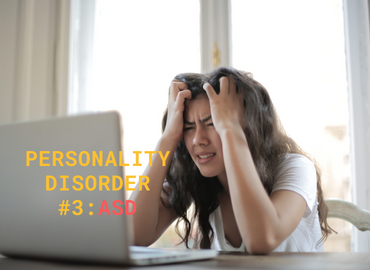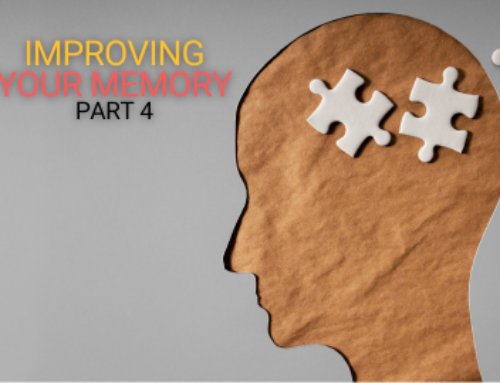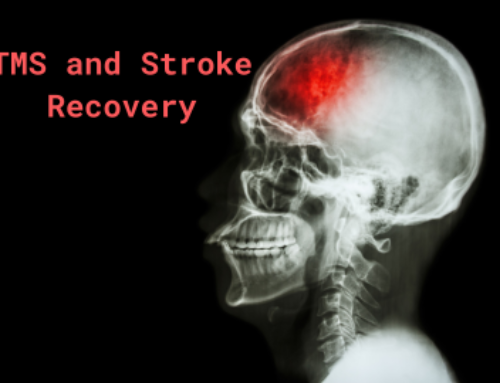Personality Disorder #3: ASD
More Than Being Stressed
Stress. Sometimes we can’t do much about it because with circumstances, work, family, and such, stresscomes with the territory. But Acute Stress Disorder (ASD) is a different matter. Rochester Holistic Psychiatry has deep compassion for our acutely stressed patients, and we want to offer some general education on the subject.
ASD is a reaction that stems from trauma, usually from a single horrifying event. Events like:
- Sexual or physical
- Loss of a loved
- Natural
- Being diagnosed with a severe
- Witnessing an act of
Someone suffering from ASD may have difficulty concentrating because of intrusive memories,
dissociation, nightmares, irritability, survivor’s guilt, panic attacks, sleep disturbances, and more. These prove detrimental to one’s quality of life, relationships, and ability to go about one’s business unimpeded. People with untreated ASD may turn to negative coping mechanisms like substances and withdrawal.
ASD versus PTSD
These symptoms sound a lot like PTSD, but there are differences.
- ASD presents PTSD is usually slower to manifest.
- ASD usually only lasts for a few weeks, while PTSD can last a long
- PTSD sufferers tend to relive the trauma over and over in their minds as the brain searches for a way toreestablish
- People with ASD tend to dissociate, losing track of reality and then being jolted back into the
- The duration of PTSD can produce lasting changes in the sufferer’s personality and
If untreated, ASD can deepen into PTSD, another reason to seek help. If addressed before too much timepasses, patients with ASD can be helped with therapy and sometimes medication.
Medication might be prescribed antidepressants or something like a little valerian for sleep. Cognitive behavioraltherapy does much good for people suffering from ASD, helping them stay present.
Listening Ears and Open Hands
People with ASD or PTSD should never be dismissed. There are a lot of people trying to go about their liveswith unaddressed trauma and it doesn’t have to be that way. If this describes you, start by seeing your doctor. GPsare a wealth of referrals and good counsel.
Remember to be kind to yourself— it’s not your fault and your suffering does not make you
weak. Don’t just reach out to medical professionals. Let your close circle know of your situation. It can be hard to talk about and just as hard to ask for support, but you have the courage and you do deserve love.
Reach out to us any time for recommendations and options. Contact us on our website or call (585) 442-6960.





